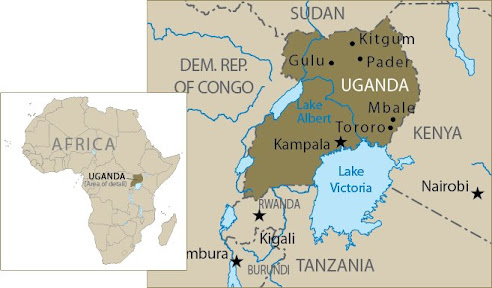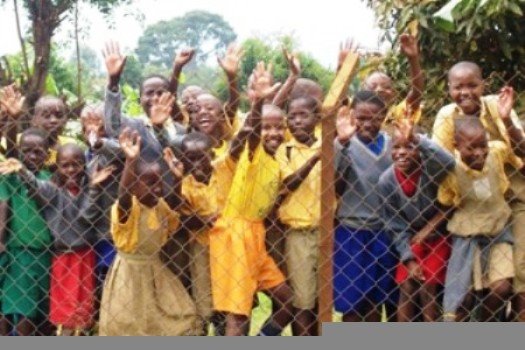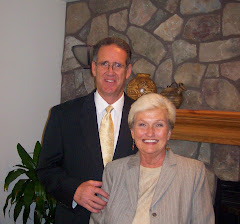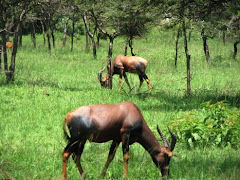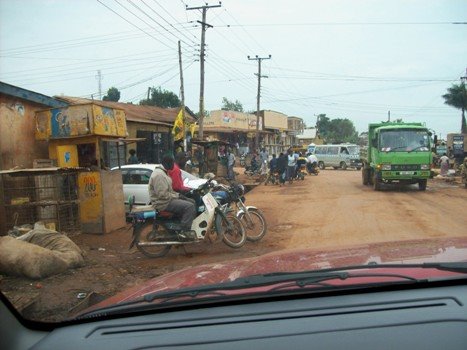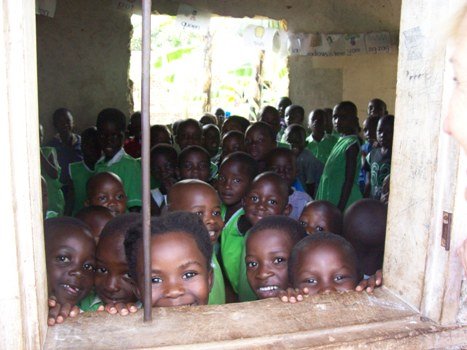We just returned from a seven day trip to Southern Sudan to begin our Humanitarian projects there. The Church is going to drill 10 new borehole wells, build latrines in the 10 villages and distribute 480 Rough Rider wheelchairs. Nothing we have ever experienced in life could have prepared us for the things we saw and heard there.



Christian Southern Sudan is truly a "war-torn" country whose infrastructure has been totally destroyed by a 46 year civil war with Islamic Northern Sudan; the longest civil war in history.


It is not possible to describe the condition of the people of Southern Sudan, especially the children. Time magazine called it the most dangerous place in the world for civilians in the 20th century. The war has left two million people dead, five million internally displaced and another half a million as refugees in other countries. An untold number have been abducted and sold in Northern Sudan as slaves.



Most of the children living there now have never farmed or raised animals in such a harsh place. It is our hope to get agricultural assistance/water and to teach them how to make a living, build safe houses, and protect themselves from disease.


Where we are going to drill the boreholes, there are entire villages that have been deserted because of lack of water. During the drought season the people move to the river banks to survive. During the rainy season which starts in April, flooding occurs. We were in villages about 5 miles south of the Darfur Region where residents of whole villages were either killed or abducted and taken to the North.

When we drill boreholes at these sites, the scattered people will gather together again in the villages where they will have a year round clean water supply. During January, 20 people in the village of Nyamlell alone died from cholera.

Two villages that we were in were Nyamlell and Marial Bai. When the peace agreement was signed in 2005 these are the places where children captured by the North were sold back to Humanitarian groups for $50-100 each. Two years ago, Save the Children left the area and turned 800 of these children over to adoptive families in the area. James Mayen, a former captive himself, and Ariel Joseph Deng opened a school to try to help them. They have no buildings, few teaching supplies (no chalkboards), and a few shade trees to protect the children from the sun.



I had to put this picture in to show that sometimes Humanitarian Missionaries don't have to wear ties! I considered that my reward for having to bathe in a bucket of cold gray water every day. By the end of the day, all my white shirts were this color anyway.

Two modern day heroes are James Mayen, a former abductee himself, shown here with President and Sister Christensen...

and Ariel Joseph Deng, another stalwart leader. These two great men will help us monitor our Humanitarian projects in Sudan.

Arek, a young albino girl, is one of the children who meet in the open classrooms of Nyamlell. She needs protection from the scorching sun. We had only our umbrella, sun glasses and chap stick to give her but we arranged for a Doctor to see her. We will check on her when we go back.

Everywhere in Southern Sudan there are signs of the war. Flying out, we saw evidence of the arial bombing of villages. On the ground, there are constant reminders of the years of conflict.


In 2011 Sudan will vote on the proposal to establish two seperate countries, where the line of demarcation will be and how the oil rich Darfur Region will be divided. Many are fearful that the war will erupt again then. When all is said and done all we can do is hope and pray that there will be a lasting peace for the sake of the children.










